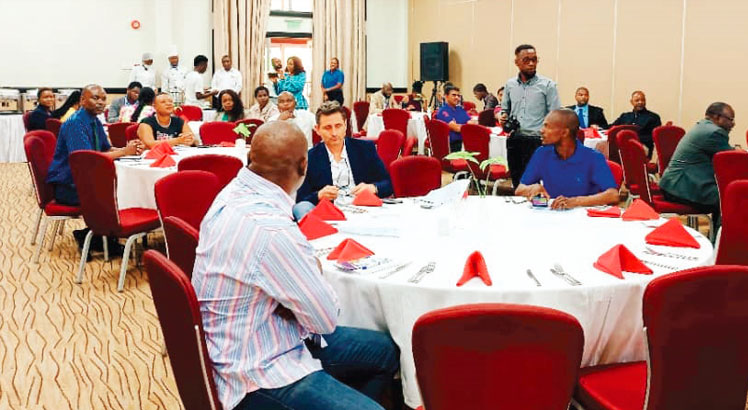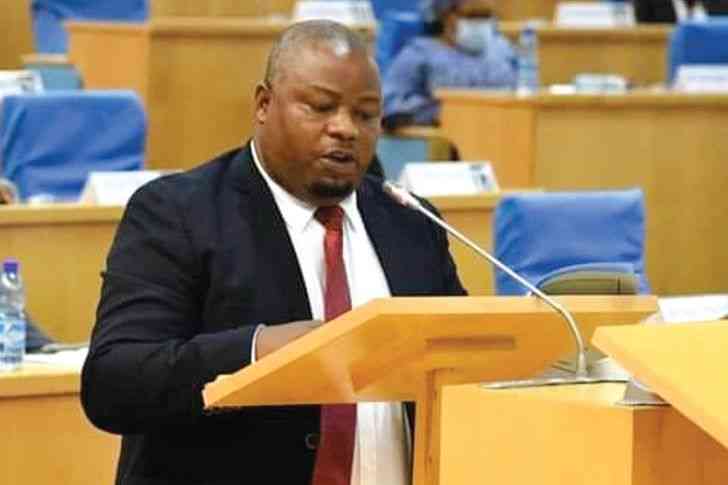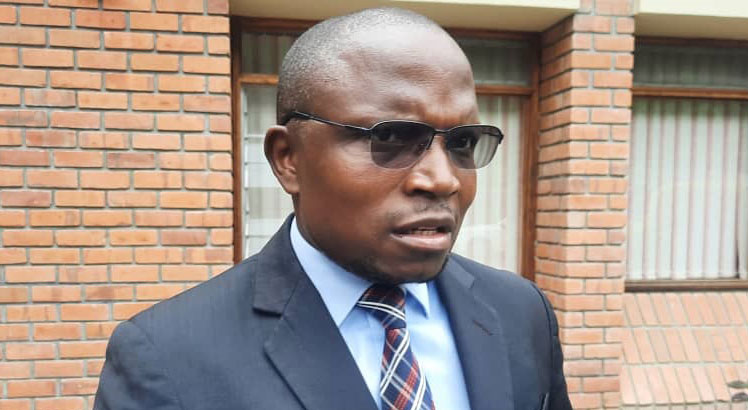BWB water tariffs choke industry, consumers
Industry and domestic consumers have rued the 40 percent water tariff hike Blantyre Water Board (BWB) implemented in June this year, saying it has increased the cost of their operations and eating into their incomes.
BWB effected the increase along with the country’s four other water boards, who previously argued that the tariff then was below full cost recovery as they lose over K23 billion annually to ministries, departments and agencies (MDAs) in unpaid bills and K30 billion to non-revenue water.
The water boards also indicated that the increase was in view of the 25 percent devaluation of the kwacha in May 2022 and government’s delay to implement proposed tariff increases in the previous financial year despite Cabinet’s approval.
With the new tariff increase, BWB, which has 74 500 connections out of which 90 are industries, is now billing industrial users about K2.5 billion monthly, up from K600 million, according to BWB director of distribution and commerce Vieson Kafodya.
But speaking during an engagement BWB organised in Blantyre yesterday, Zagaf Transport and Cement Products Limited representative Mike Mavuto Missi said they feel the charges are on the higher side and need to be reviewed.

He said: “What we often get from BWB in terms of costs is that they also factor in electricity costs. This is why we are proposing that they consider using alternative energy sources such as solar because we in the end are being billed heavily.
“What is also displeasing is that there are often times issues of low pressure due to what the company says is power supply challenges yet our bills still come in very high. Our hope is that the engagement we have started with BWB will create a win-win scenario between us as businesses and consumers and the board.”
In a separate interview, Consumers Association of Malawi executive director John Kapito said the cost of water has become exorbitant for most consumers.
He said: “The water tariff increase has made it hard for the ordinary consumers. For kiosks, we were paying K0.23 per litre for consumption of between zero and 40 000 litres while for domestic users, we were paying K0.64 per litre for consumption of between zero and 40 000 litres.
“This has, however, gone up 40 percent but regardless, consumers are still unable to get better services from the board as we are still reeling with insufficient water supply.”
In his response, BWB chief executive officer Engineer Robert Hanjahanja said industrial users take up a lot of water in their operations; hence, the high costs they incur.
He said: “The thing about industrial consumers is that even though they are few in number, they consume a lot of water.
“We are not overcharging them, but they get an industrial charge given the amount they consume which is commensurate with what was approved.”
On the impact of the tariff increase in line with performance indicators and commitment to the consumers, Hanjahanja said given that the adjustment was done in June and the billing cycle started in July, it is too early to gauge the impact.
He said the utility has seen an increase in their revenues, but could not disclose the figures, saying they are currently clearing debts and other operational costs.
Said Hanjahanja: “The public needs to be reminded that this was a two-phased increase with the next phase coming in October.”
The key performance indicators which BWB, under the new tariff has to meet, include the increase in coverage and increase in customers from 74 000 to 79 000 over two years.
BWB is also supposed to increase the amount of water that it produces from 110 000 cubic metres per day to 120 000 cubic metres per day and reduce non-revenue water from about 53 percent to 40 percent.





